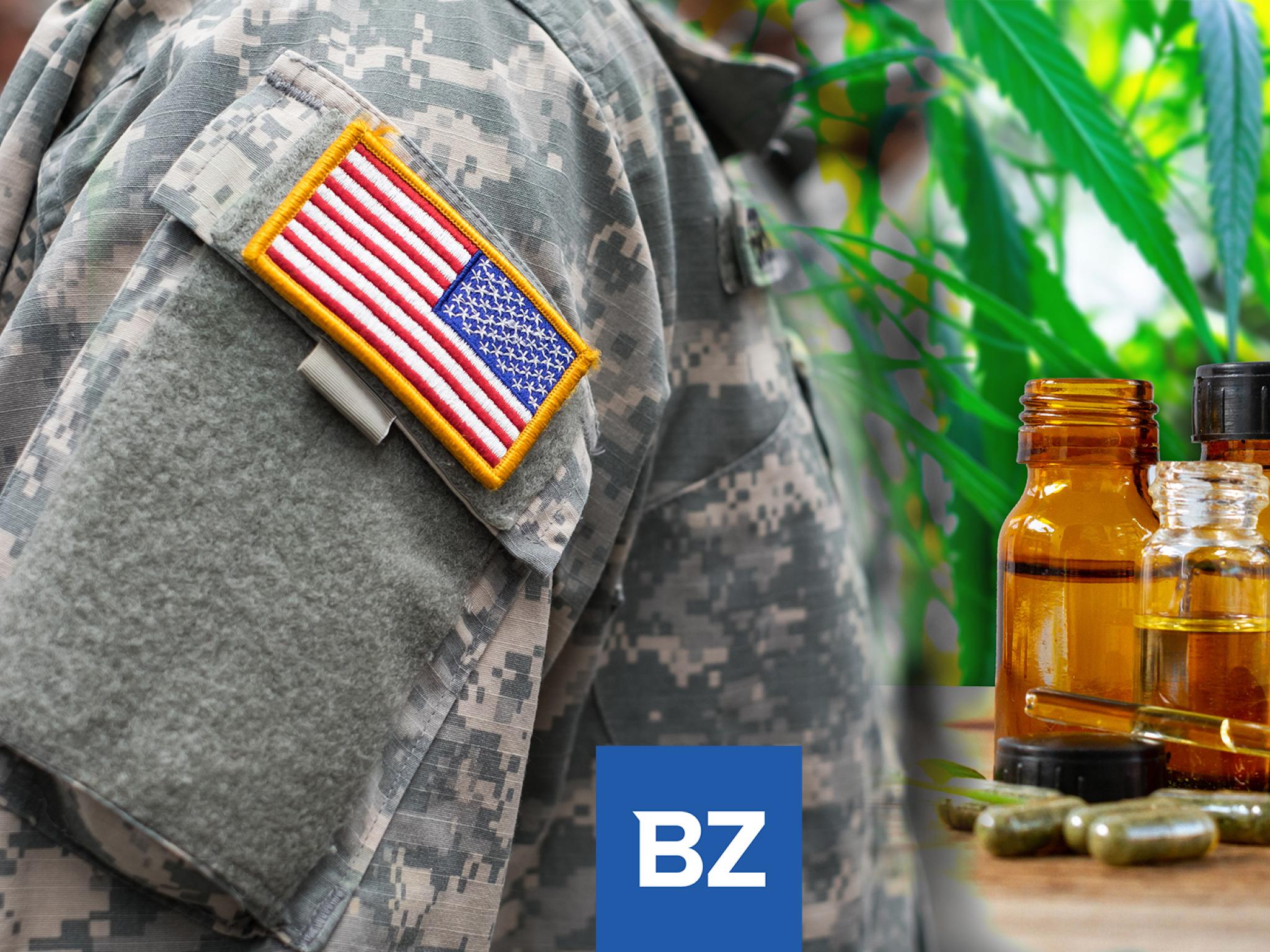
House lawmakers approved two amendments to a must-pass defense spending bill concerning marijuana-related issues in the U.S. military.
The House Armed Services Committee passed both measures on voice votes during a markup of the National Defense Authorization Act (NDAA).
Panel To Review Marijuana Penalties For Soldiers
Sponsored by Rep. Anthony Brown (D-MD), the first proposal deals with cannabis sentencing standards under the military code, and is seeking that the Military Justice Review Panel “develop recommendations specifying appropriate sentencing ranges for offenses involving the use and possession of marijuana.”
The panel’s assignment is to investigate how sentencing for marijuana-related offenses compare to “comparable offenses, such as alcohol, and the overall burden on the military justice system of our current approach to marijuana-based offenses,” according to a press release.
“Today, cannabis-related offices are treated harshly in comparison with other comparable offenses,” Brown said. “My amendment doesn’t change current law, but what it does do is require our armed services to review and provide recommendations for potential reform.”
Another Study On Marijuana As Alternative For Opioids
The other proposal from Rep. Seth Moulton (D-MA) seeks a Defense Department-led study on how efficient cannabis is for certain conditions as compared to opioids, reported Marijuana Moment.
According to recent studies, cannabis can function as a substitute for prescription drugs, particularly opioids as the trend of replacing them with cannabis seems to be growing.
Earlier this year, Moulton sponsored a bill that would allow VA physicians to discuss medical cannabis treatment with military veterans and would protect veterans who are honest about their marijuana therapy history.
In February, the VA said that although marijuana use is still considered federally illegal, “veteran participation in state marijuana programs does not affect eligibility for VA care and services. VA providers can and do discuss marijuana use with Veterans as part of comprehensive care planning, and adjust treatment plans as necessary.”
Benzinga photo. Source: Image from Shutterstock







